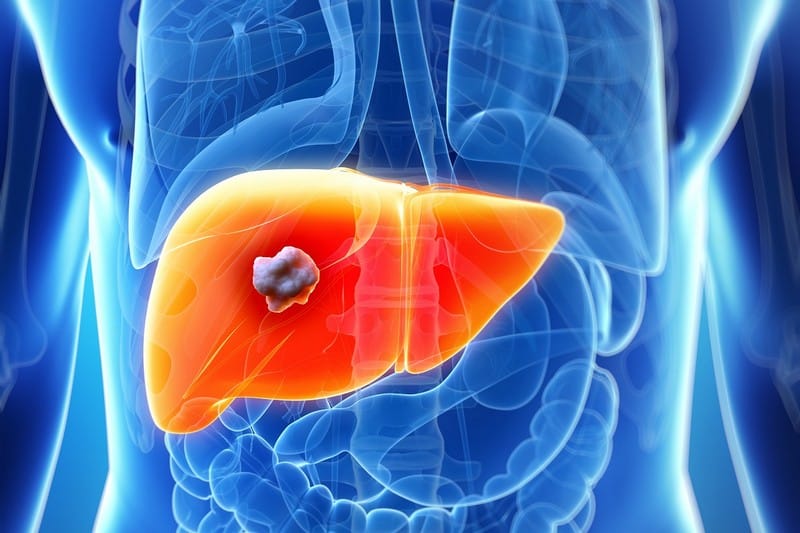Liver Abscess

There are several different things that can cause an abscess to form in the liver. One of the most common causes is a bacterial infection. Bacteria such as Streptococcus, Staphylococcus, and E. coli are all capable of causing liver abscesses. These bacteria can enter the body through food or water that has been contaminated, or through contact with an infected animal or person.
Other causes of liver abscesses include certain medical procedures, such as surgery or the use of imaging devices that insert needles into the liver. In some cases, liver abscesses are caused by parasitic infections. The most common type of parasitic infection that leads to liver abscess is amoebic dysentery, which is caused by a single-celled organism called Entamoeba histolytica. This organism is found in contaminated food and water, and can also be passed from person to person through contact with contaminated feces.
Liver abscesses can also be caused by viral infections, such as hepatitis C. However, this is relatively rare. In most cases, liver abscesses are caused by bacterial infections. In some cases, individuals may develop an internal rupture known as perforation, which can lead to life-threatening infections such as septicemia or peritonitis.










